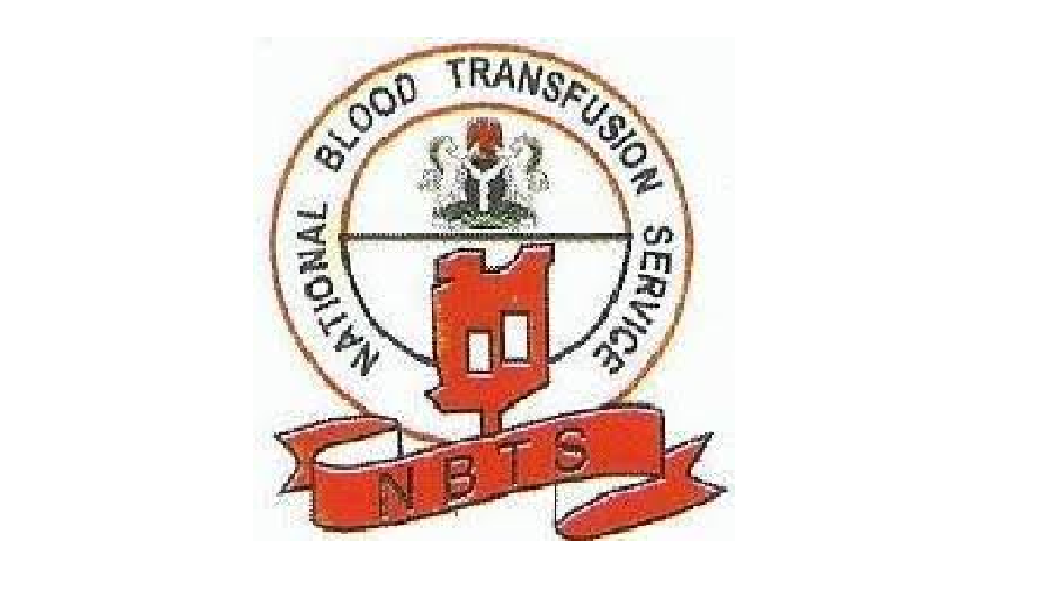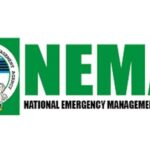The National Blood Transfusion Service (NBTS) says it plans to galvanise stakeholders at all levels to achieve at least one million safe blood units in order to create a National Strategic Safe Blood Reserve (NSSBR) that could be quickly mobilised in the event of national emergency.
National Coordinator, Dr Omale Joseph Amedu said the decision was part of NBTS’ 10-year strategic plan. He stated this in Jos, the Plateau State capital, during a three-day retreat for top management of NBTS at the headquarters, zonal centres and state coordinators.
He said that would be achieved through active donor participation, targeted blood donation campaigns and partnerships in order to effectively complement national wellness as well as alleviate the suffering of humanity as it pertains specifically to Nigeria’s blood needs.
Amedu explained that given the youthful population in Nigeria, there are huge blood supply potentials which would ultimately improve and sustain the national blood reserve, but that regardless of this potential pool of donors, national blood donation and supply is currently low due to a number of issues, leading to a wide gap in demand and supply of safe blood units in the country.
He blamed the poor blood donation and supply on limited awareness and advocacy for donation, scepticism, myths and the effects of the new coronavirus, inefficient blood transfusion and storage models.
Others are deep cultural myths and misconception on voluntary non-remunerated blood donation by the public and the lack of beliefs on transfusion generally.
He listed other limiting factors as limited government impact on blood transfusion service in the country and including lack of legislation.
To achieve the one million safe blood units generation, the national coordinator said they would use aggressive media campaigns and engagement of relevant stakeholders for the 100% voluntary non-remunerated blood donation.
He regretted that today, a large portion of the nation’s mortality rates are ascribed to blood loss due to road traffic injuries, traumatic injuries, childbirth, sickle cell disease, malaria and the blood needs for routine surgeries and related illnesses which are unmet.
A careful and consistent implementation of the one million safe blood units generation strategy, he said, will enable NBTS to achieve its objective and galvanise the service into the committee of high performing blood regulators in the world.
The national coordinator called on healthy people to get involved in blood donation due to its numerous benefits of refreshing/renewing the donor’s blood as well as enabling them to know their health status as their blood would always be screened before donation.

 Join Daily Trust WhatsApp Community For Quick Access To News and Happenings Around You.
Join Daily Trust WhatsApp Community For Quick Access To News and Happenings Around You.


